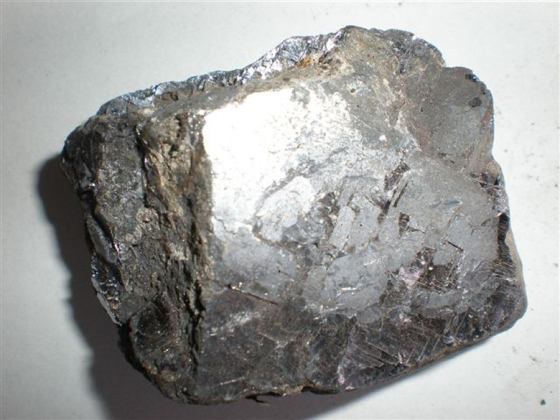The Federal Government on Thursday declared that the era of criminalizing illegal miners is over as it holds consultative meetings on the formalization of artisanal miners into cooperatives, and small-scale miners into larger mineral and financial enterprises.
The declaration was made by the Minister of Mines and Steel Development, Architect Olamilekan Adegbite, at the maiden public stakeholder consultative meeting of the formalization of artisanal miners and small-scale miners with the theme, ‘Developing the Artisanal and Small-Scale Mining Economy’.
Adegbite said the government has made effort before the consultative meeting according to the Nigerian Minerals and Mining Act, 2007, in developing the capacity of artisanal and small-scale miners who are taken to be criminals in order for them to be fully integrated into the sector, which they have huge numbers, hence should be explored to boost activities in the sector.
According to him, the Artisanal and Small-Scale Mining (ASM) sector is globally recognised as a major contributor in terms of mineral production, employment, poverty alleviation, rural development, and others.
He said: “It gives me great pleasure to host the first public stakeholder consultative meeting of the formalization of artisanal miners into cooperatives, and small-scale miners into larger mineral and financial enterprises, together with the design and implementation of an Artisanal and Small-Scale Mining (ASM) remote sensing monitoring system in the mining and steel sector project.
“The sector’s legitimacy and worldwide acceptance are premised on its contribution as a source of livelihood and employment for many people worldwide amidst rising poverty levels.
“It is the most important non-farm activity in the developing world but has mostly operated informally and in the shadows without legal rights and access to minerals and limited access to capital, equipment, and technical assistance. This has kept it from achieving a safer and better livelihood for its operators.
“According to recent estimates by the World Bank, the ASM sector employs at least 40 million people worldwide. In Africa, the estimates are quite significant at 9 million people where it accounts for the largest mining workforce.
“This explains why many developing countries across Africa, East Asia and Pacific, Latin America and South Asia have acknowledged its importance and potential and embraced it as a tool for poverty alleviation. The era of its criminalisation is in the past.
“As a result, we will intensify efforts to ensure that the ASM sector is properly integrated into Federal and State level poverty alleviation and rural development strategies and programs.
“This will provide a platform for the ministry to partner with the Federal Ministries of environment, health, labor, finance, budget and planning, Federal Inland Revenue Service (FIRS), Small and Medium-Sized Enterprise Development Agency of Nigeria (SMEDAN), state governments, the private sector, non-governmental organisations, impact investors, and donors to develop, formalise, support, and monitor the sector.
“In conclusion, I want to encourage the ASM operators who are here today and those who could not attend today’s meeting. The days of criminalization of ASM operation is behind us. However, you all have a part to play to ensure that it remains that way through discipline and transparency in the way you carry out business in our mining industry. We are here to help you advance your operations and achieve sustainable growth.
He maintained that the Ministry will ensure the ASMs are carried along in making them viable.
“Today, therefore, marks a very important step to build an enabling environment for the ASM sector. Our effort under this project is underpinned by an existing legal, regulatory, and institutional framework.
“Altogether, the framework is aligned with the African Mining Vision (AMV) goal to harness the potential of ASM to improve rural livelihoods, stimulate entrepreneurship in a socially responsible manner, promote local and integrated national development as well as regional cooperation”, he said.
He further stated that the ASM sector cannot be ignored as it has come to stay in the sector for its contribution.
“Clearly, the ASM sector can no longer be ignored and is here to stay. Some may argue that we should only focus on making Nigeria a preferred destination for global mining investors and large-scale mining activities.
“However, to ignore the ASM sector is perilous. Research has shown that the developmental footprint of the ASM sector over large scale mining is broader and supports inclusive economic growth and employs a larger number of people. It is why its formalisation is so imperative”, he said.
The Minister also acknowledged that to formalize the miners will “require a lot of advocacy” on the part of government since most stakeholders concentrate more of their efforts on agriculture.





